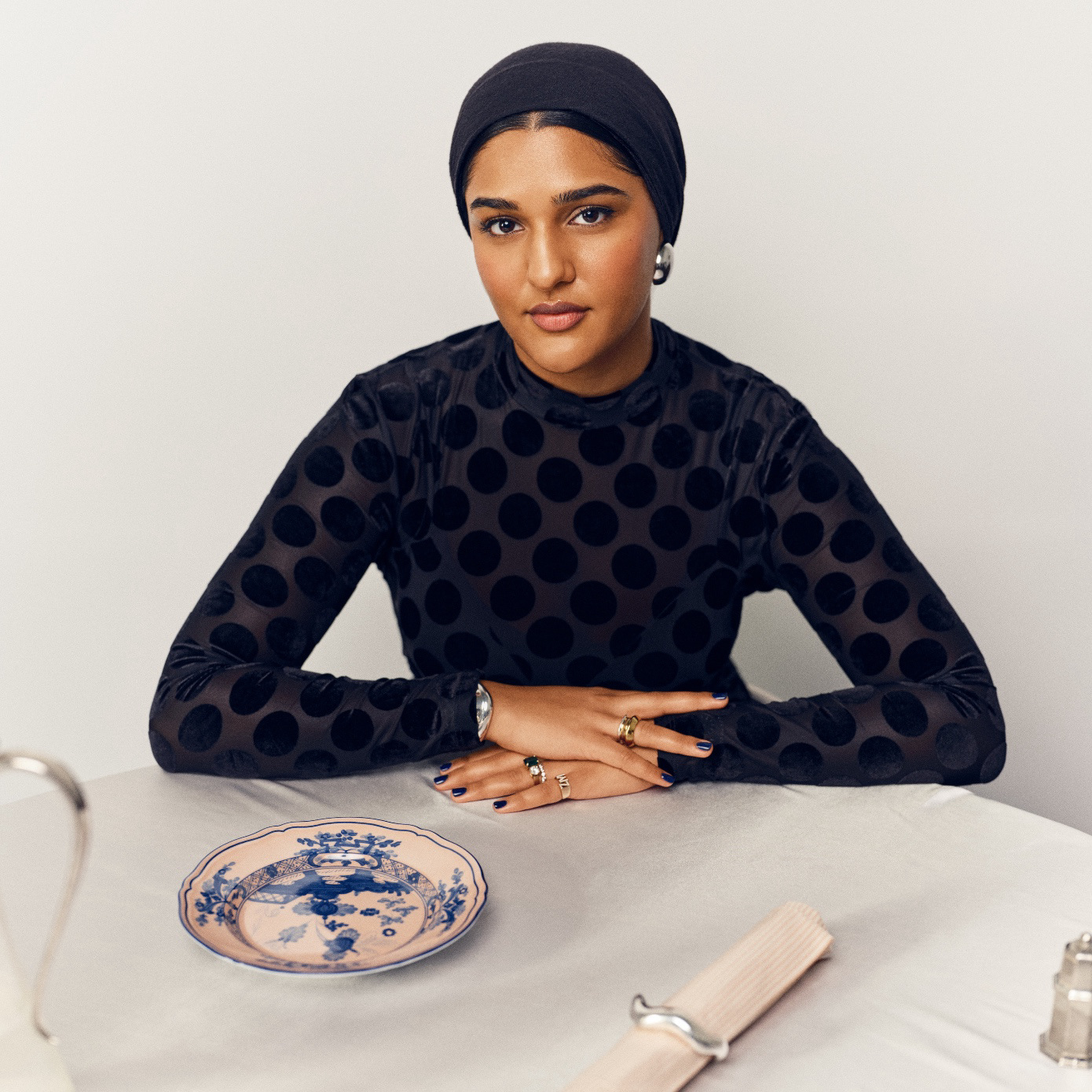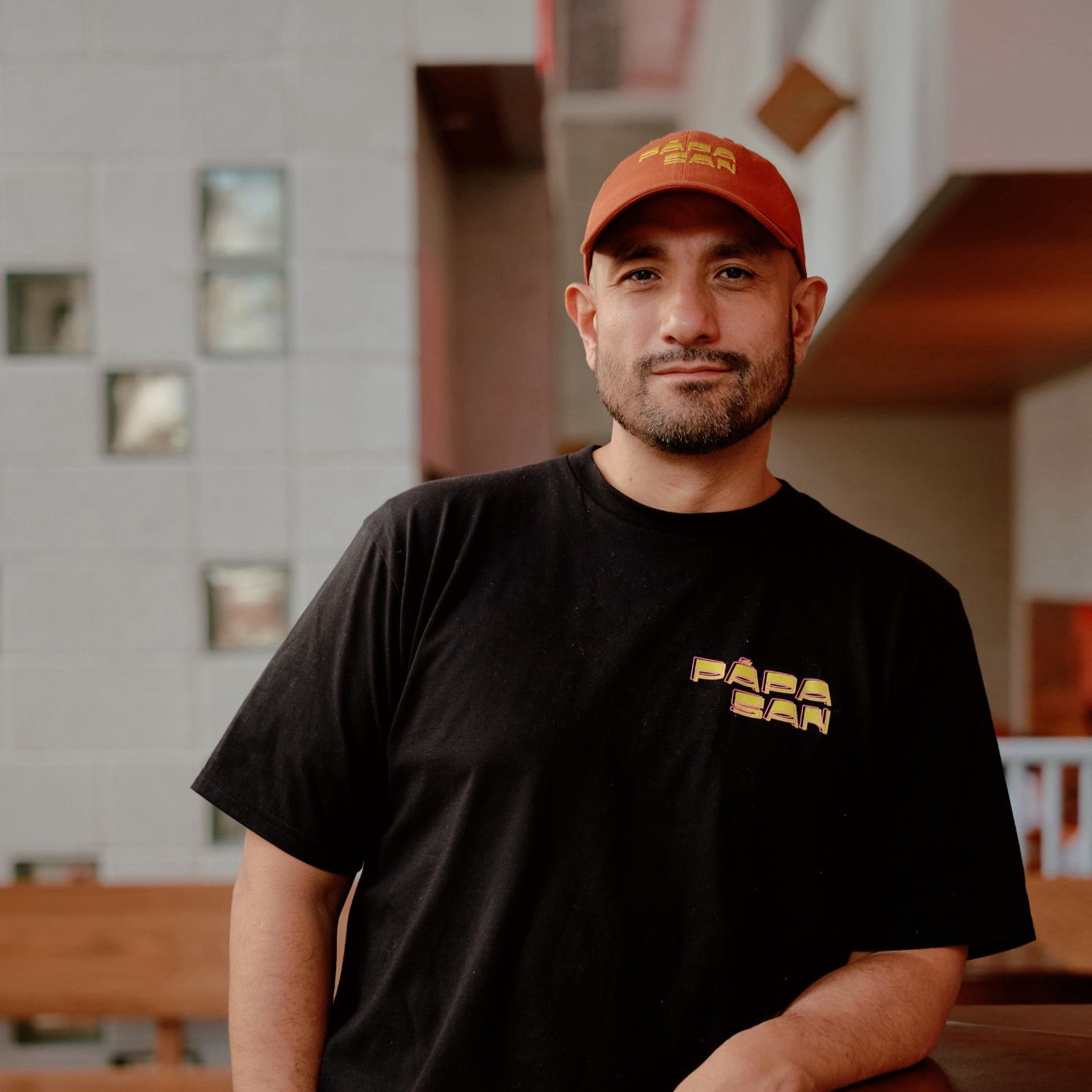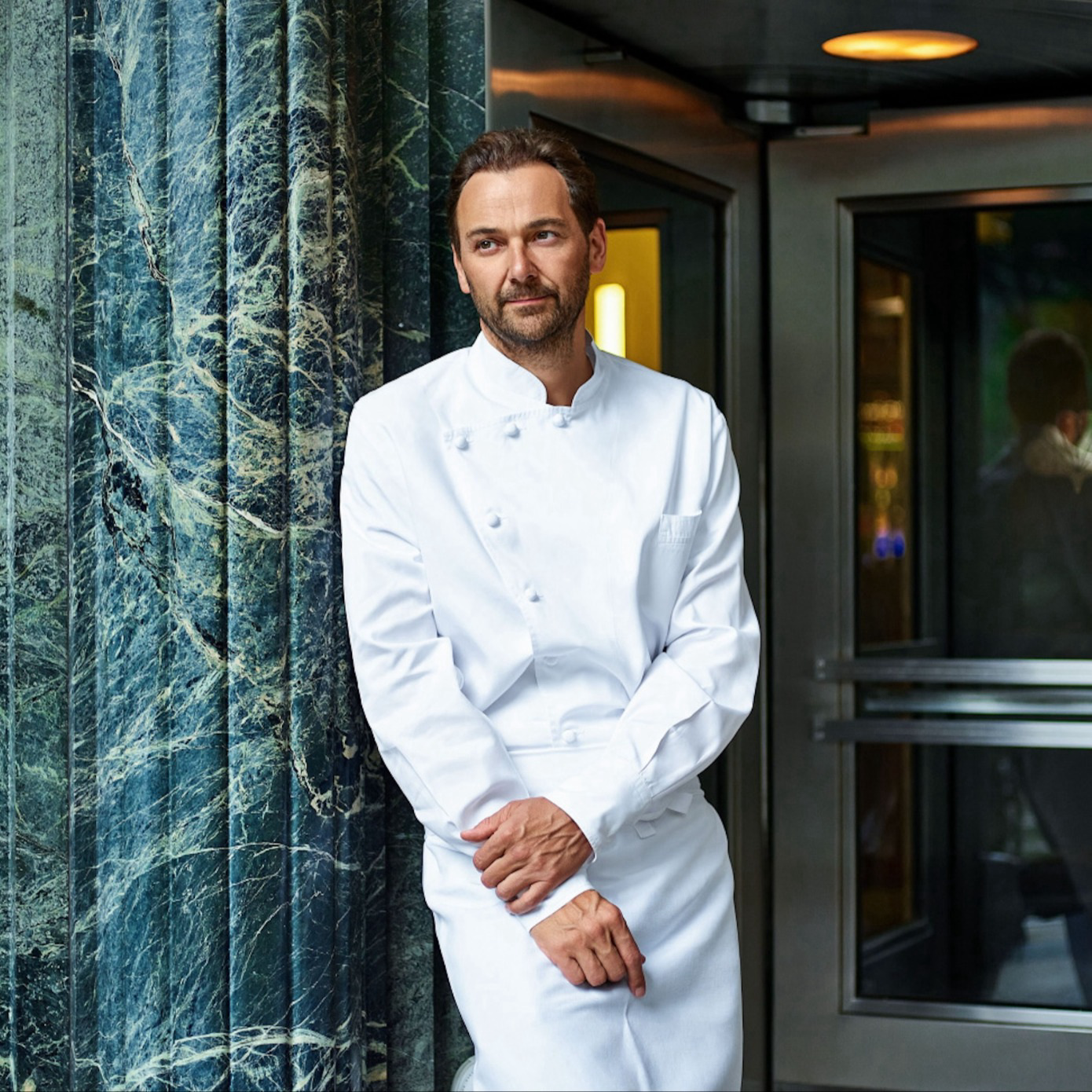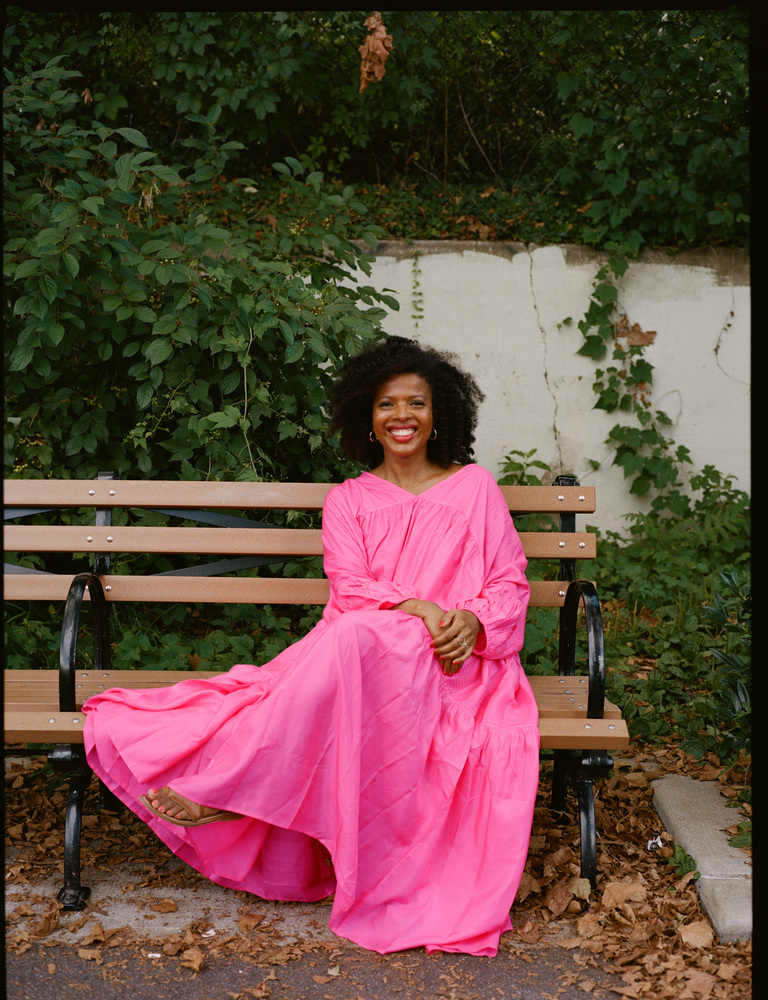
In 2001, Klancy Miller was working as a pastry apprentice at Le Taillevent, steps away from the Arc de Triomphe in Paris. She had landed at the Michelin-starred restaurant after a peripatetic period that took her from studying history at Columbia University to working in international development to soaking up the art of pâtisserie at Le Cordon Bleu.
Looking back on her back of house days, Miller reasons, “As much as I enjoyed it and as good as it felt to participate in making these beautiful sweets, it was really grueling. I was constantly tired. And I was a bit slow in the kitchen!” She knew she wanted to be near food, but not necessarily the one making it every day. “I thought, What other options are available?” she remembers.
That question is the central tenet of For the Culture, Miller’s second book, which straddles the genres of oral history, advice columns, and cookbooks, to provide the culinary community with a look at the past, present, and future of Black women and femmes in food. Through essays on canonical precursors including Edna Lewis, B. Smith, and Lena Richard; interviews with over 60 individuals who are shaping today’s food and hospitality world at every level and angle; and recipes that celebrate and reinvent Black cooking traditions, the tome advocates for an abundance of entry points and career arcs.
“It’s for inclusion and against erasure,” sums up Miller. Below, CULTURED caught up with the food writer and community pillar (who also founded a magazine dubbed For the Culture in 2020) to talk dessert before dinner, paying attention to one’s life, and swearing by farmer’s market produce.
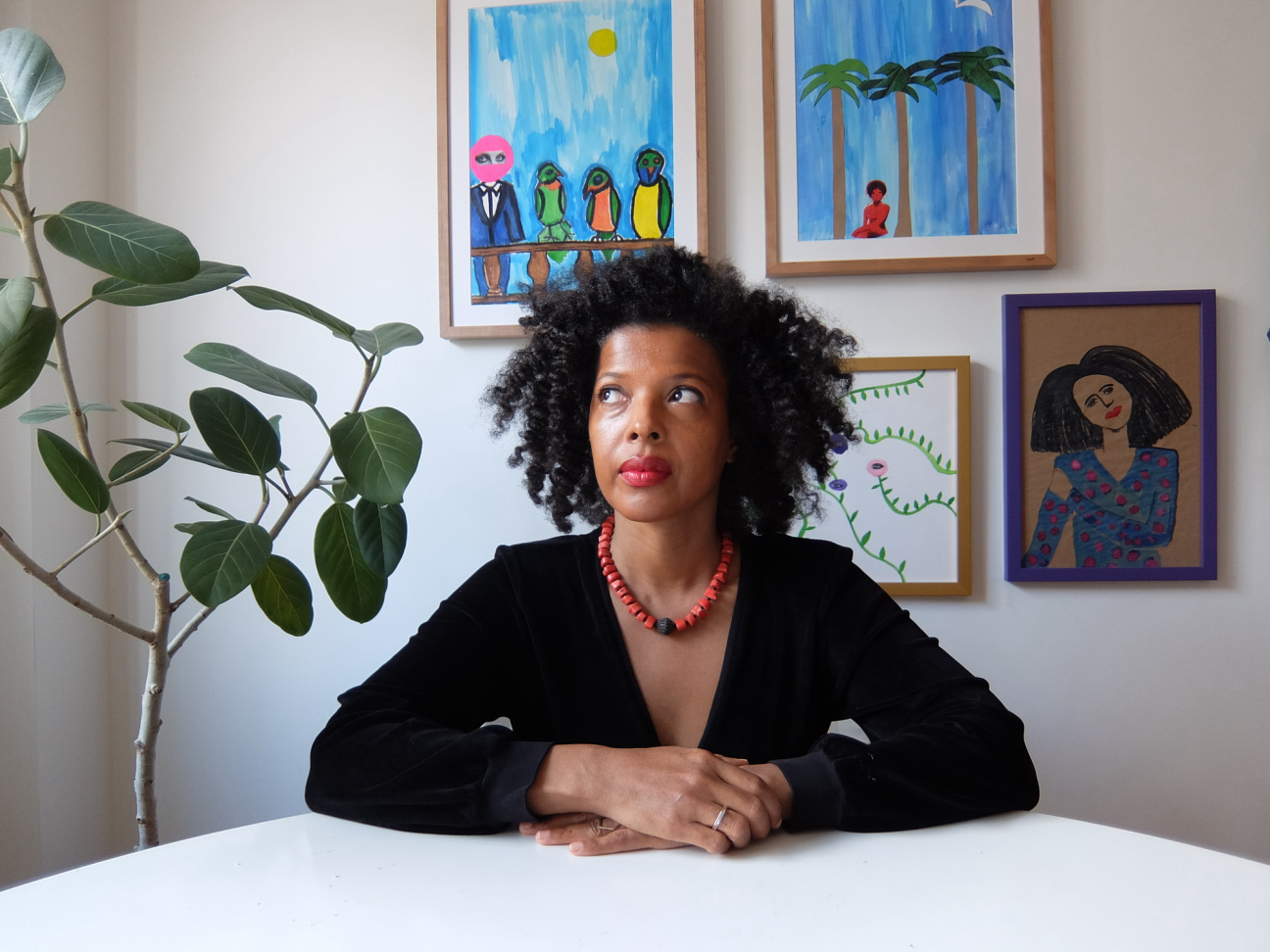
Where are you, and what's in your system?
I'm in Los Angeles. It's 8 a.m., and I haven't had anything to eat. I had an event last night at the Ace Hotel in Downtown LA, and I was out late with my friends after getting food. So I’m just starting my day. All I’ve had is water.
Going back in time, could you tell me about your childhood memories of food? Were you always a foodie?
My earliest childhood memory is of me being obsessed with dessert. I've always had a sweet tooth. I was born in Connecticut, and my parents and I used to go to this restaurant called Chart House near New Haven where we lived. I would get the Mississippi mud pie there, and I would try to recreate it. Even years later when we were living in Atlanta, I would try to make mud pies out of actual mud in our backyard.
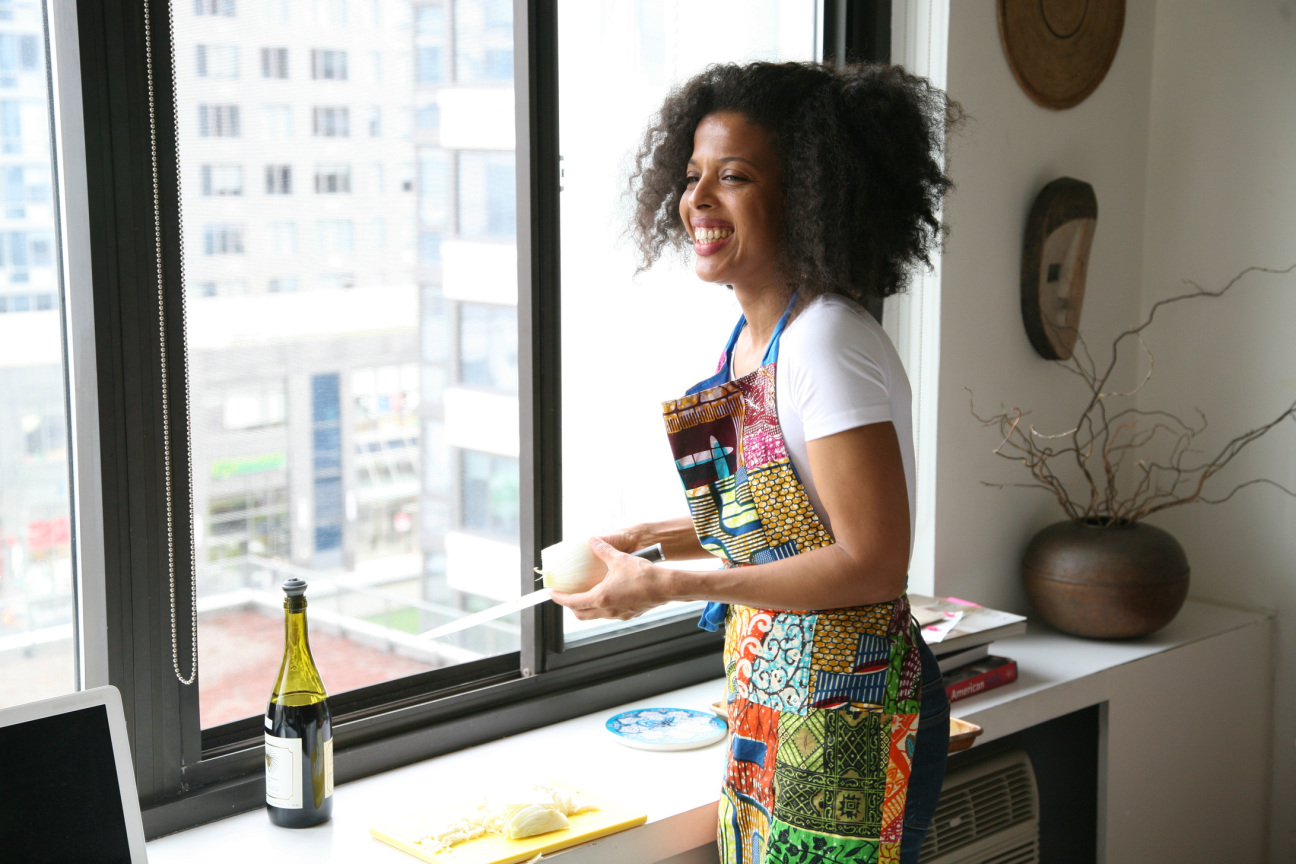
Are you a dessert before dinner person?
When I'm out with friends, I just do what everybody else is doing, but occasionally I'll have my cookies or ice cream before dinner. I read years ago something in Ayurvedic medicine saying that you should have sweets before you have your savory meal because sweets digest faster. I don't know if this is true, but I read it and I was like, “Well, somebody else says it's better this way...”
For the Culture: Phenomenal Black Women and Femmes in Food grew out of For the Culture the magazine, which you started three years ago. When did you know that the concept had legs in book form?
In the summer of 2020, George Floyd was murdered, and Black people temporarily became very popular for about four to six weeks. If you were Black and doing something public and creative, there's a big chance you were on somebody's list as a Black person whose work should be supported. During that time, the publisher of my first book, [Cooking Solo: The Fun of Cooking for Yourself], reached out and asked me if I wanted to do a book with them.
At the time, I was working on the first issue of For the Culture. They came to me with a book idea that I wasn’t fully interested in, but I was like, “I'm working on this magazine, I could be interested in doing a different format of the magazine or doing a book based on the concept of the magazine.” They liked the idea, so that's how the book came about.
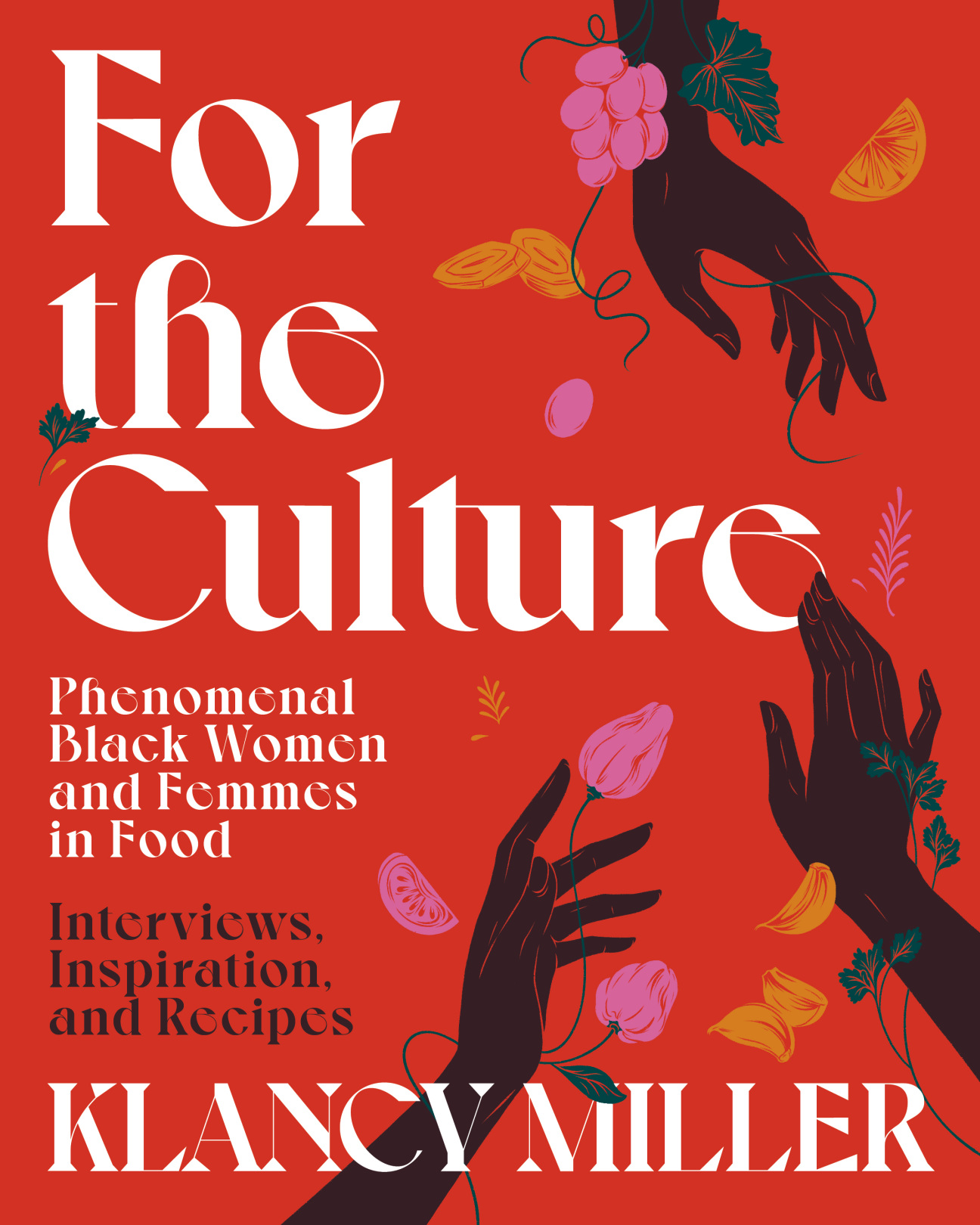
What did you surround yourself with during the making of the book?
I was always in conversation with someone because there are 66 people in the book. I was looking at Vertamae Smart-Grosvenor’s books. I was doing lots of research on Edna Lewis, B. Smith, Leah Chase, and Lena Richard. I was looking at the books of theirs that I have and then reading a lot about them. There's a great store called Black Market Vintage, I follow them on Instagram. They have great Black memorabilia. I was buying stuff from them, looking at old magazines. I spent a lot of time reading in parks. And I was definitely listening to music but not necessarily a special soundtrack for book writing, just listening to whatever I like to listen to like Nick Hakim and Beyoncé.
Is there a central lesson you hope readers take away from the book’s 66 interviews?
I hope people settle in with all of the interviews. It's a book you can come back to, you don't have to read it cover to cover. In a talk I had with Alison Roman, there was somebody in the audience who was very young, and she was asking for advice for what she could do work wise. I brought Sophia Roe’s interview up because her point is, “You have to have a lot of different jobs and just get the experience that will allow you to figure out what you wanna do and what your strengths are.”
Then there's a question I asked Kia Damon about how you get out of creative ruts, and she said she just looks around and sees if she’s been paying attention to her life, as opposed to being productive. Has she been tidying up her home? Has she seen her friends? When's the last time she took a stroll and just got a scoop of ice cream? It's such a simple reminder.
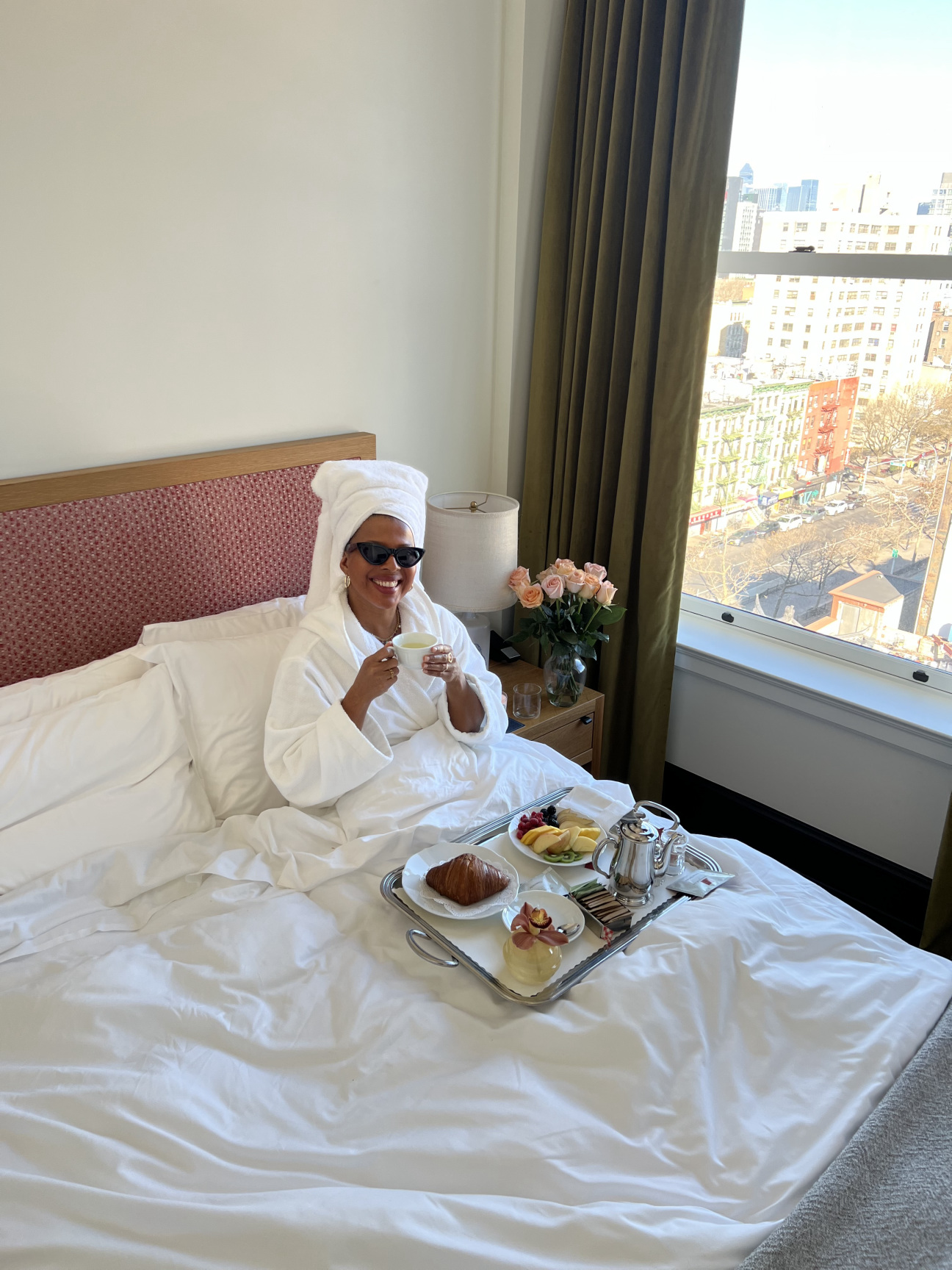
We’re going to switch gears to a few rapid-fire questions. Between breakfast, lunch, and dinner, which one do you prefer and why?
Breakfast, because it makes me feel like the day has officially begun.
What does the food world need more and less of right now?
Less gatekeepers, more inclusivity. The food world is actually making some decent changes, but I continue to think we need more people of color, more queer people, and more equity.
What in your kitchen do you splurge on? And what do you save on?
I don't save on anything. I don't know if going to the farmer's market is a splurge, but I like to go to the farmer’s market and just get whatever looks good or whatever I'm craving at the moment. So I guess I splurge on vegetables and fruit. And olive oil!
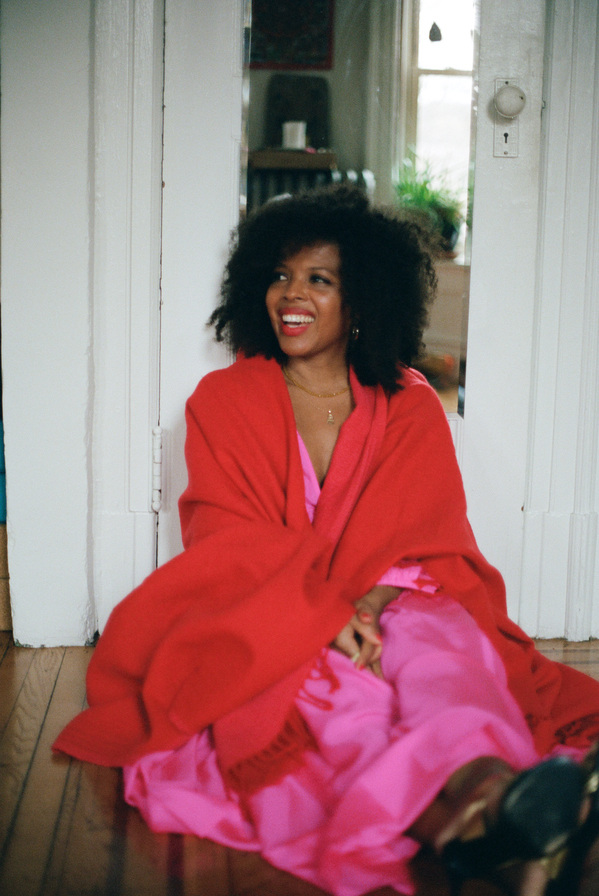
Is there a kitchen etiquette rule you live by?
The etiquette I think of, both from Le Cordon Bleu and [from my mom], is cleaning up after yourself. I have a chaotic kitchen in that it's very tiny and I have a lot of stuff in it, like bottles of olive oil and random things. But it's good to keep a tidy kitchen.
You’re hosting a dinner party. Who do your first three invites go to?
If we're going with some people who I've never cooked for who would be fun, I love the musician Nick Hakim. I would love to cook for Ava DuVernay because I think she likes food, and it would be cool to cook for Zadie Smith. I feel like she would be a fun conversationalist.
What is the dish that represents where you're at in your life right now?
A chocolate cake because it's sweet, maybe a little bittersweet. My mom recently died so that would be the bittersweet part. There's nothing sweet about death. But the release of the book has been super affirming and very, very sweet. I'm amazed at how delightful it is, so I would liken this moment to dessert.

